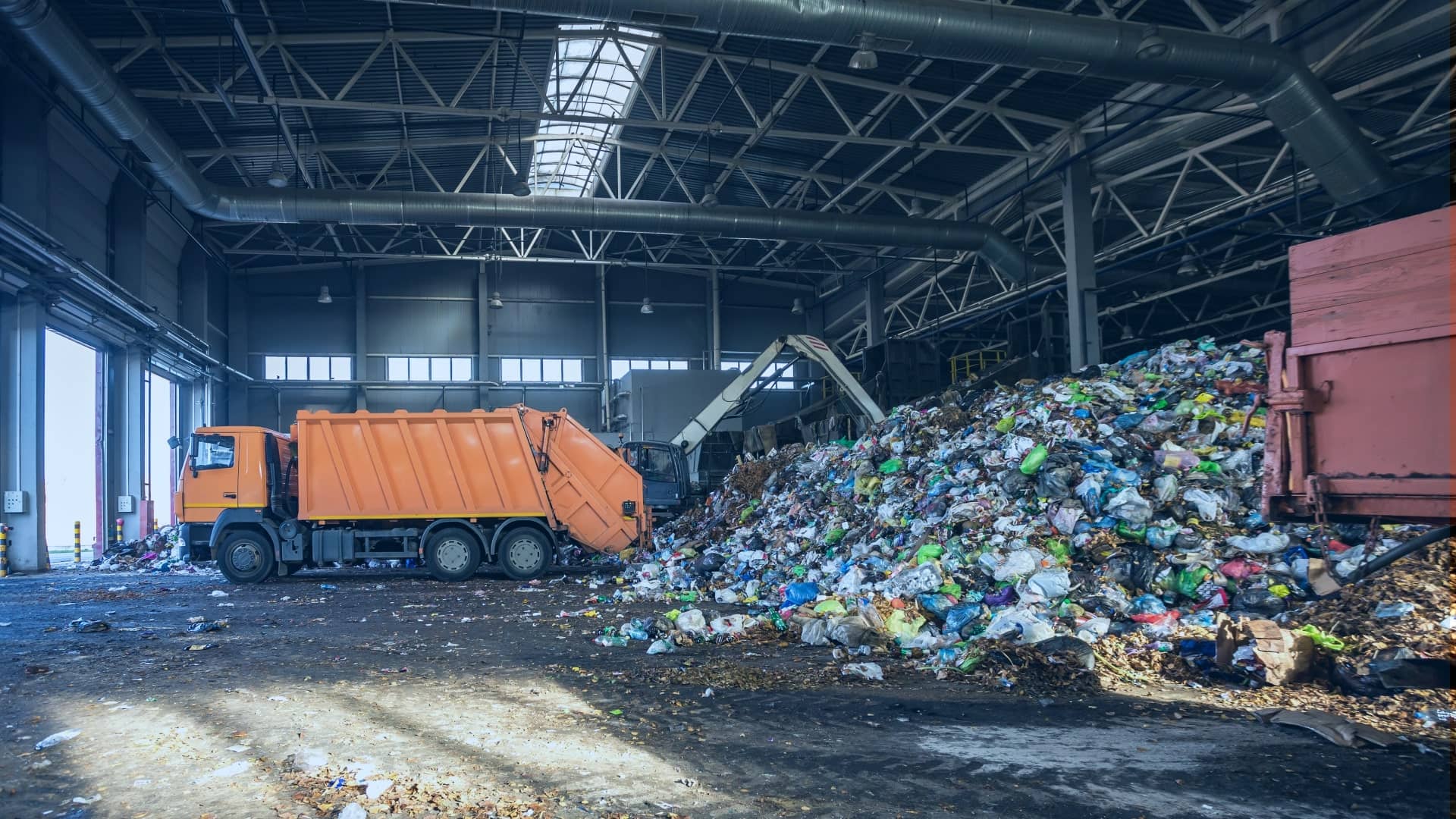The Reclaim Waste Diaries
The Reclaim Waste Diaries
Blog Article
Our Reclaim Waste Diaries
Table of ContentsAbout Reclaim WasteThe Single Strategy To Use For Reclaim WasteSome Known Factual Statements About Reclaim Waste Our Reclaim Waste StatementsExamine This Report on Reclaim Waste
Check out the kinds, occurrences, and types of liquid waste. Residential sewage waste refers to the waste and items from a property septic container. This kind of waste is produced by human beings in residences, schools, and various other buildings. This only includes sewage-disposal tanks that have a drain field. The correct administration and disposal of domestic sewer waste require fluid waste to be moved to a sewer therapy plant where the proper approaches and devices are put on purify and dispose of waste.
Business waste commonly consists of potential risks, such as combustible products or a blend of fluid and solid waste products, and calls for an extra advanced and comprehensive disposal process. The disposal of business waste commonly includes the filtration of waste prior to transportation to guarantee secure and appropriate disposal. Industrial waste is developed from by-products and overflow of industrial processes and manufacturing.
This type of waste can not use the very same sewage administration transport or processes as septic or commercial liquids. The hazardous waste monitoring procedure requires the assessment and testing of liquid waste prior to it undergoes the disposal procedure (industrial wastewater treatment). Overflow waste is the fluid waste that originates from runoff and excess stormwater in very populated locations or cities
Overflow waste can trigger contamination and flooding otherwise managed properly. Find out more regarding sewage system cleansing and waste management. Guaranteeing proper waste monitoring can stop disasters and lower environmental damage. Both individuals in property settings and specialists in business or production markets can gain from comprehending the procedures and policies of fluid waste administration.
The 20-Second Trick For Reclaim Waste
Call PROS Providers today to discover our waste management and disposal solutions and the appropriate means to look after the fluid waste you generate.
(https://disqus.com/by/reclaimwaste1/about/)This so-called 'wastewater' is not only an important resource however, after treatment, will certainly be released to our land, rivers or the ocean. Made use of water from commodes, showers, bathrooms, cooking area sinks, washings and commercial procedures is understood as wastewater.

water utilized to cool equipment or tidy plant and equipment). Stormwater, a form of wastewater, is drainage that flows from farming and city areas such as roofs, parks, gardens, roadways, paths and seamless gutters into stormwater drains, after rain. Stormwater streams untreated directly to local creeks or rivers, ultimately reaching the sea.
Little Known Questions About Reclaim Waste.
In Queensland, the majority of wastewater is treated at sewer treatment plants. Wastewater is moved from domestic or industrial websites via a system of sewage systems and pump stations, known as sewerage reticulation, to a sewer therapy plant.
The Department of Natural Resources suggests city governments about managing, operating and preserving sewage systems and treatment plants. In unsewered locations, neighborhood federal governments might call for owners to set up private or house sewer therapy systems to deal with residential wastewater from toilets, kitchens, bathrooms and laundries. The Department of Natural Resources authorizes using household systems when they are shown to be effective.
Many stormwater receives no therapy. In some new neighborhoods, treatment of some stormwater to remove clutter, sand and crushed rock has actually begun using gross pollutant traps. Wastewater therapy takes place in four phases: Removes strong matter. Larger solids, such as plastics and various other things wrongly discharged to drains, are eliminated when wastewater is gone through displays.
Wastewater then streams right into large tanks where solids clear up and are eliminated as sludge. Oil and scum are skimmed from the surface. Utilizes little living microorganisms knows as micro-organisms to damage down and get rid of staying dissolved wastes and great bits. Micro-organisms and wastes are included in the sludge. Removes nitrogen and phosphorus nutrients that might trigger algal flowers in our waterways and intimidate water life.
Some Known Factual Statements About Reclaim Waste
Nutrient removal is not readily available at all sewage treatment plants due to the fact that it calls for costly specialized devices. Clear fluid effluent generated after therapy might still consist of disease-causing micro-organisms - liquid waste disposal.

This usually implies wastewater has actually to be treated or pollutants gotten rid of prior to it can be released to waterways. Most wastewater moves right into the sewage system. Under the Act, neighborhood governments administer authorizations and permits for eco appropriate activities (Ages) entailing wastewater launches that might have a local impact. The division administers authorizations and licences to ERAs involving wastewater launches that might have a regional or statewide effect.
Not known Details About Reclaim Waste
Otherwise, samples are taken for laboratory analysis. Usually several examinations are needed to develop the levels of each of the different toxins such as oils, heavy steels and pesticides in water. Tracking gives accurate information regarding water top see here now quality and can verify that permit conditions are being satisfied. The details acquired through tracking offers the basis for making water top quality choices.
Report this page